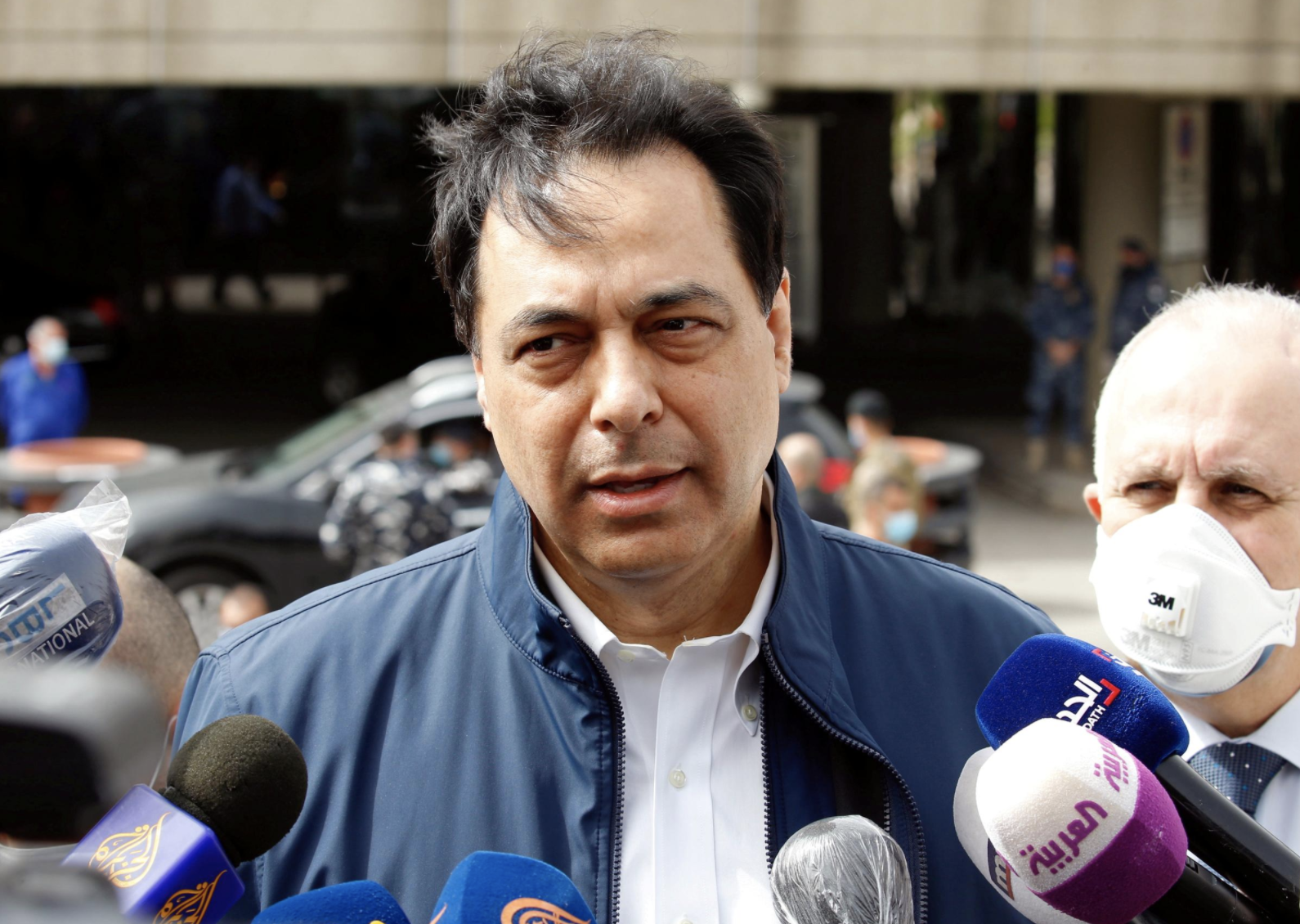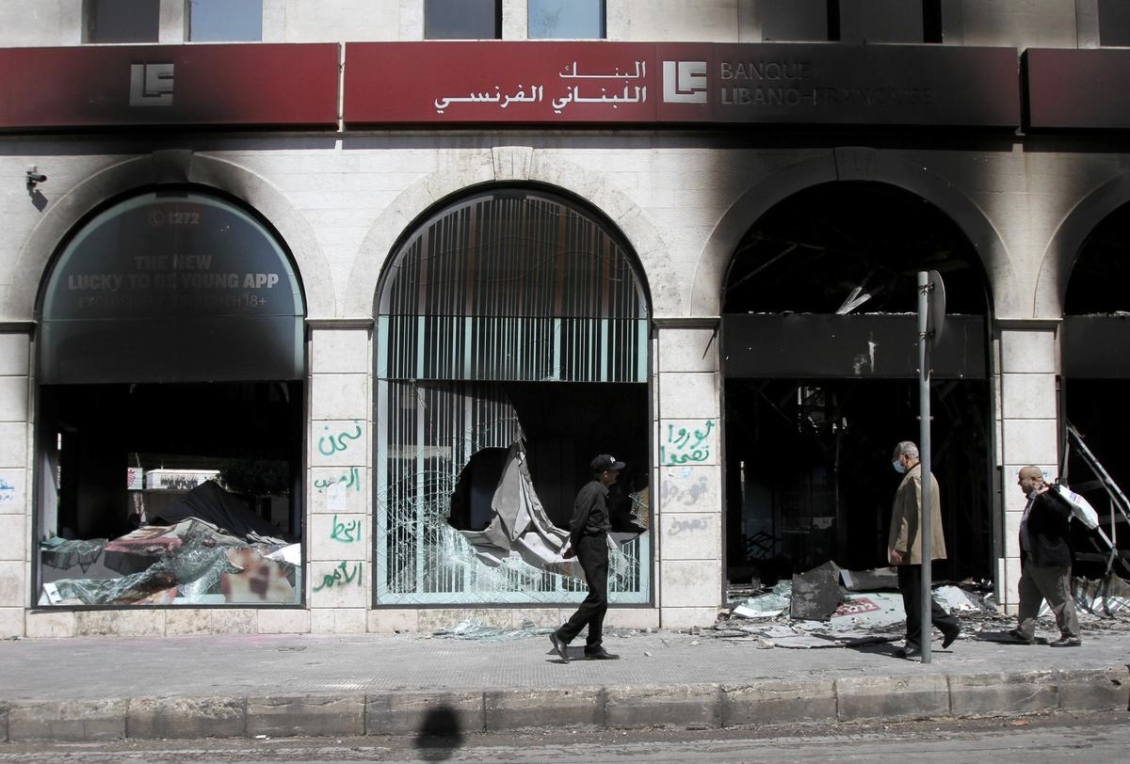Lebanon is at risk of a major food crisis and many Lebanese may soon find it hard to afford bread since COVID-19 and lockdowns had "dramatically worsened the economic crisis and profoundly disrupted the food supply chain".

Lebanese PM Hassan Diab speaks to the media outside Beirut's international airport, Lebanon April 5, 2020. /Reuters
Lebanese PM Hassan Diab speaks to the media outside Beirut's international airport, Lebanon April 5, 2020. /Reuters
Writing in the Washington Post, Lebanese Prime Minister Hassan Diab has warned of a global food security emergency triggered by the pandemic. He said attempts to restrict food exports must be resisted and called on the United States, the G20 and the World Food Program to set up an emergency fund to help the Middle East avoid a severe crisis.
"The global food security crisis is emerging. The World Food Program estimated that the pandemic could double the number of people in low and middle income countries facing acute food shortage by the end of 2020," he wrote in his opinion piece.
Many Lebanese have stopped purchasing meat, milk and vegetables and many even cannot afford bread, he wrote.
The country has been through a lot in the past decades because of political mismanagement, corruption and the financial crisis. Lebanon was in deep crisis even before COVID-19; the local currency has more than halved in value since October amid a hard currency liquidity shortage. Inflation and unemployment are soaring. Lebanon defaulted on its sovereign debt in March.

People walk past the burned-out bank façade that was set ablaze during unrest overnight, as an economic crisis brought demonstrations back onto the street in Tripoli, Lebanon in April. /Reuters
People walk past the burned-out bank façade that was set ablaze during unrest overnight, as an economic crisis brought demonstrations back onto the street in Tripoli, Lebanon in April. /Reuters
COVID-19 and the necessary lockdown has worsened the crisis and also disrupted the food supply chain.
"80 percent of our wheat has been coming from Ukraine and Russia. Last month, Russia suspended wheat export as a result of COVID-19, while Ukraine is considering a similar move", he said.
Imported food prices had more than doubled since the start of 2020, Diab wrote, and more than half of Lebanon's food is imported.
(With input from agencies)